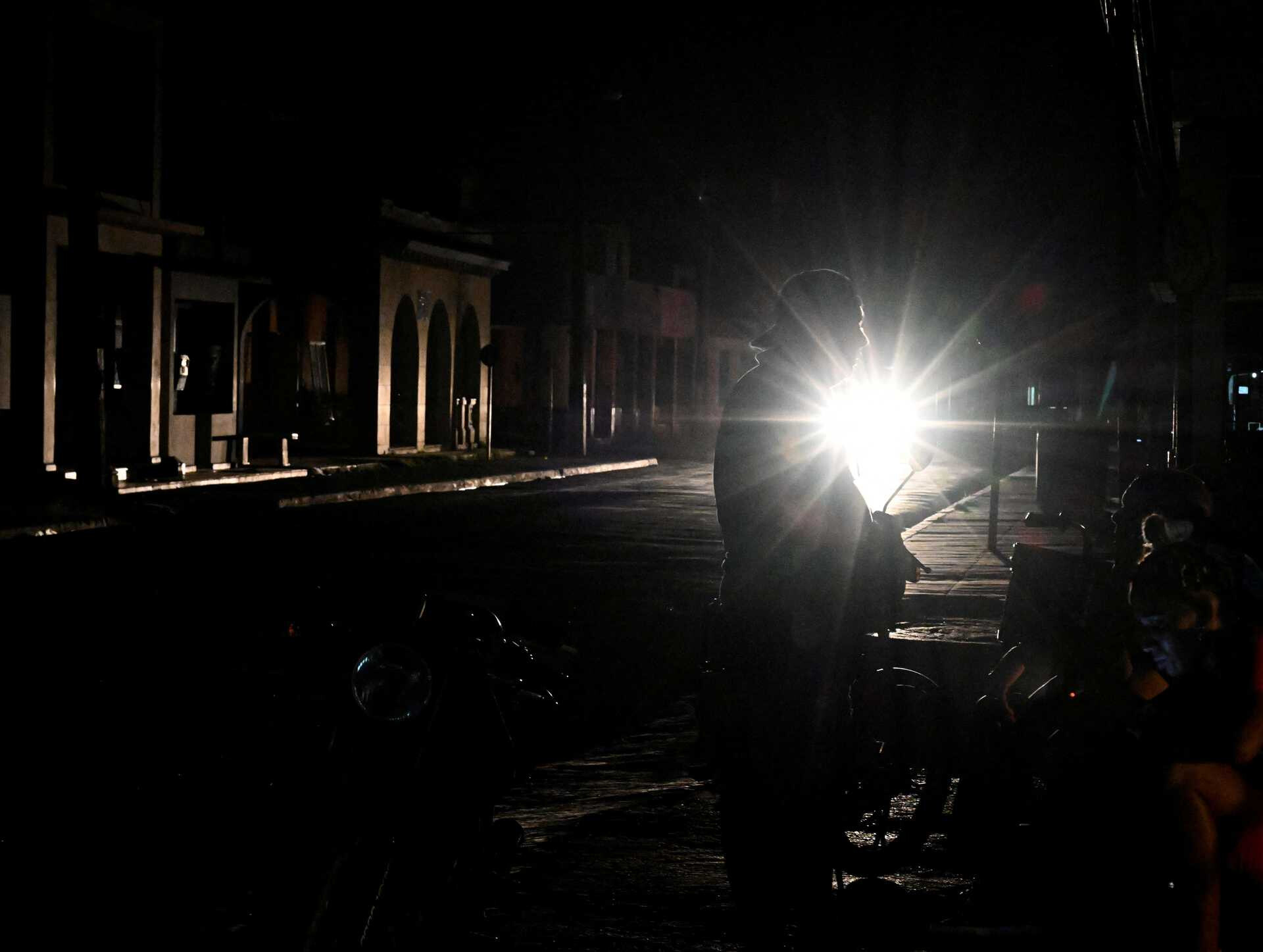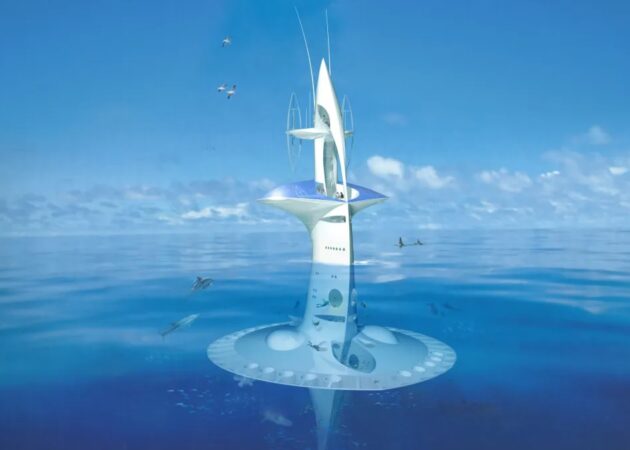The temperature in Podgorica, the capital of Montenegro, reached 38 degrees Celsius on Friday afternoon, as the country’s main energy supplier said power was out in much of the region.
Montenegro’s Minister of Energy and Mines, Sasa Mujovic, told local media that the problem of electricity shortages is regional in nature and related to the current heat wave. “There was a sudden increase in consumption due to rising temperatures,” Mujovic said.
In Croatia, power was also cut off across much of the country’s coast in the southern Dalmatia region, according to local media reports.
“The interruption of electricity supplies in parts of Croatia was caused by an international disturbance that affected several countries,” the Croatian National Electricity Company (HEP) said in a statement published by state broadcaster HRT.
“HEP has put all its production capacities into full operation to ensure electricity supply in Croatia as quickly as possible,” the memo said.
In Bosnia, electricity was also cut off in the capital, Sarajevo, according to an Agence France-Presse correspondent.
Medita Korspahić, spokeswoman for the Bosnia and Herzegovina Electricity Company, said, “The exact cause of the power outage is not yet known, but we assume that it is caused by an overload on the electrical link.”
In Albania, spokesman for the Ministry of Transport and Energy, Florian Sirianni, confirmed that the reduction in supplies is linked to regional failures.
Human-induced climate change is warming the planet at an alarming rate, causing frequent and intense heatwaves, according to the global scientific community.
Extreme heat also increases dependence on air conditioners, which consume a lot of energy.

“Hardcore alcohol maven. Hipster-friendly analyst. Introvert. Devoted social media advocate.”

